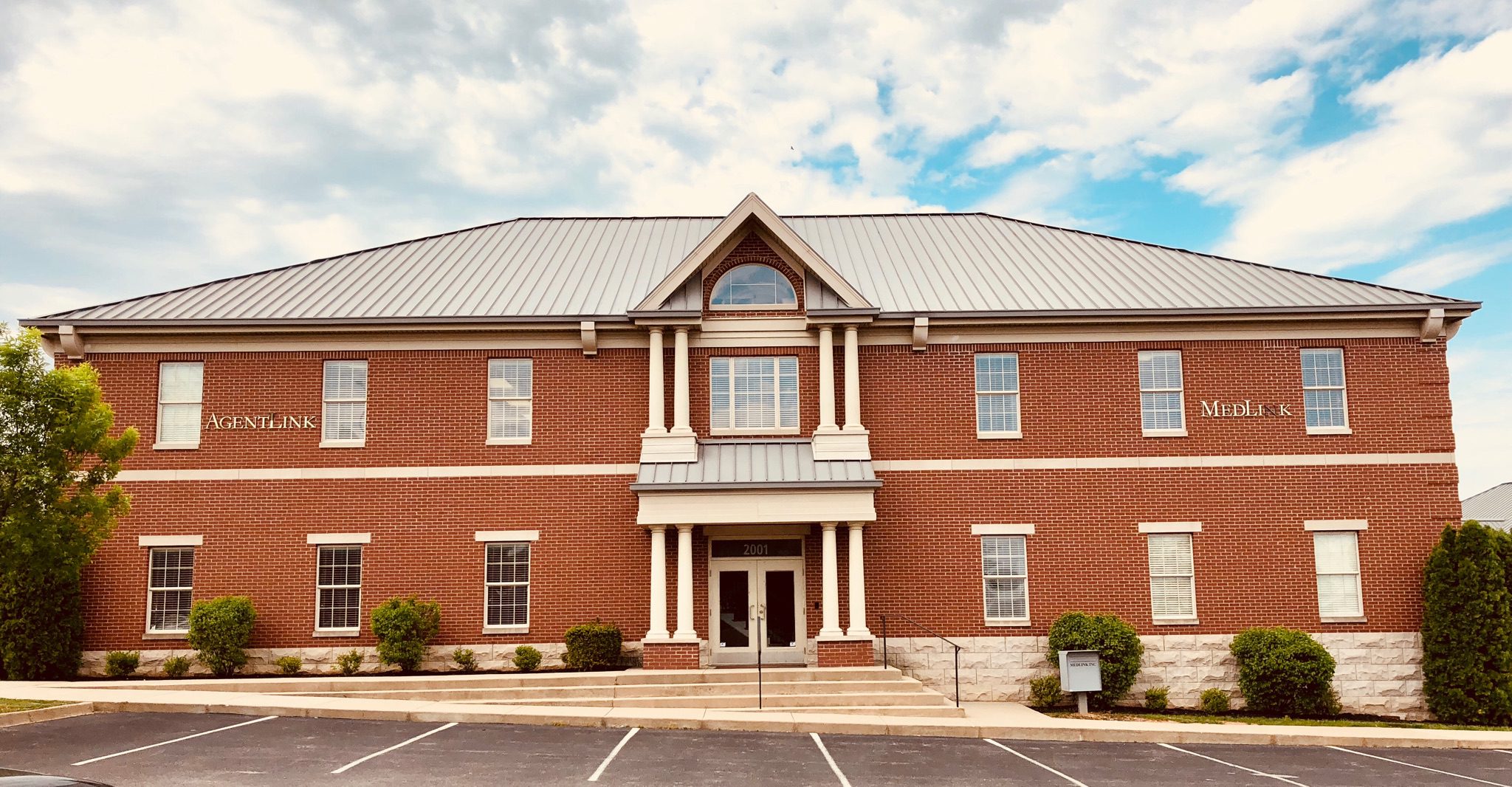The word is beginning to percolate through public discourse as the Affordable Care Act takes hold: If you’re in the cohort receiving your healthcare through Medicaid, the government can seize your house later to pay for your bills.
Is that really true? In technical terms and under limited circumstances, yes. But in real terms, that concern is vastly overblown, and certainly not a reason to shun the Medicaid option if it’s offered to you. For the vast majority of enrollees, it won’t be happening.
So let’s distinguish facts from fears.
To place the issue in context, the Affordable Care Act significantly expanded the availability of Medicaid to cover households earning up to 138% of the federal poverty line ($32,499 for a family of four). The act also widened Medicaid eligibility to cover childless adults in that income segment. The Supreme Court made that expansion optional for states, and so far, only 25 states and the District of Columbia have done so. That includes California, where Medicaid is known as Medi-Cal.
One thing the ACA didn’t change was Medicaid’s estate recovery rule. Under a law enacted in 1993, states are required to seek recovery from the estates of deceased enrollees for the costs of long-term care, such as nursing-home care. The recovery rule applied to those who received that care when they were 55 and older, or who were permanently institutionalized at any age.
States were given the option of seeking recovery of other costs, such as expenses unrelated to those patients’ long-term care. And the states were required to inform Medicaid applicants of the existence of the estate recovery rule before they enroll, which may be one reason that concern about it is surfacing now.
The rule makes sense, says Matt Salo, executive director of the National Assn. of Medicaid Directors. Long-term care is the largest expense item in Medicaid’s budget, and for many Americans Medicaid is the only option for obtaining affordable long-term care. The rule went into effect because Medicaid eligibility was typically asset-based–you had to have low-income and almost no assets other than a house and a car–and there were signs that clever estate planners were advising clients how to impoverish themselves on paper, enroll in Medicaid, and thereby keep their assets in the family.
Under the ACA, however, the asset test has gone by the board. Medicaid eligibility for the expanded programs is based on income alone, which means there might be some new members with low incomes but sizable illiquid estates, such as homes worth hundreds of thousands of dollars.
The prospect of asset seizures raises people’s hackles, especially since under the Affordable Care Act, those earning less than 138% of the poverty level may be offered no choice for subsidized health insurance except Medicaid. (Again, that’s in states that have expanded Medicaid.)
“If I die (because I’m over 55) the state can lien any properties to cover any and all expenses I’ve received from Medi-Cal,” Brian Schaller, 62, an unemployed Southern California resident, told us by email. “I want Covered Ca [that is, individual coverage via the state insurance exchange] but can’t buy in because of being below minimum income.”
Schaller is concerned that after his death the state might go after his house, car, and an expected inheritance, leaving his wife and eight-year-old son high and dry.
But that’s certainly not going to happen, for several reasons. For one, federal law prohibits recovery during the lifetime of a surviving spouse or from a surviving child under 21, or one who’s blind or permanently disabled; in California, the abeyance also applies to the lifetime of a registered domestic partner. Family members can also file for hardship waivers.
Medicaid officials say that most states are sensitive to the political ramifications of being seen as grasping after the assets of low-income families, so waiver requests tend to be treated pretty liberally. And those states that have expanded Medicaid to bring affordable coverage to more of their citizens hardly wish to discourage them from signing up by threatening to take family assets.
“We don’t want people to be afraid to enroll in coverage,” says Norman Williams, a spokesman for the California Dept. of Health Care Services, which operates Medi-Cal. The majority of Medi-Cal members or their heirs, the agency says, will owe nothing.
Whether the estate recovery rule really is discouraging people from signing up for Medicaid isn’t clear; the little evidence that exists is wholly anecdotal, officials say.
On the whole, the estate recovery program hasn’t been a big moneymaker for government at any level. Since 1993, California has collected $978.5 million, Williams says. That’s 15 hundredths of one percent of the $621 billion it has spent on Medi-Cal in that time. The state’s average claim is $95,000, but its average recovery is only $15,000; the discrepancy can be chalked up to hardship waivers and to the basic fact that most Medi-Cal enrollees don’t have much to their names, if anything.
According to federal figures compiled in 2004, all the states together recovered only 0.8% of their nursing home expenditures that year.
State Medicaid officials have been asking the federal government to clarify the recovery rules for their new enrollees for weeks, Salo says. The Dept. of Health and Human Services has promised to provide them, but hasn’t done so yet. The hope, Salo says, is for broader discretion to decide when to dun, and when not to dun.
On the other hand, there’s broad agreement that some options for estate recovery are appropriate, though they apply less for the new enrollees under the ACA than the traditional Medicaid population.
“There are cases when someone who’s clearly well off is using a poverty program to fund their care,” Salo says. On the whole, however, Medicaid has been a lifeline for Americans facing the dilemma of paying for long-term care. “Without it, people might lose their homes while they’re still alive,” he says.

